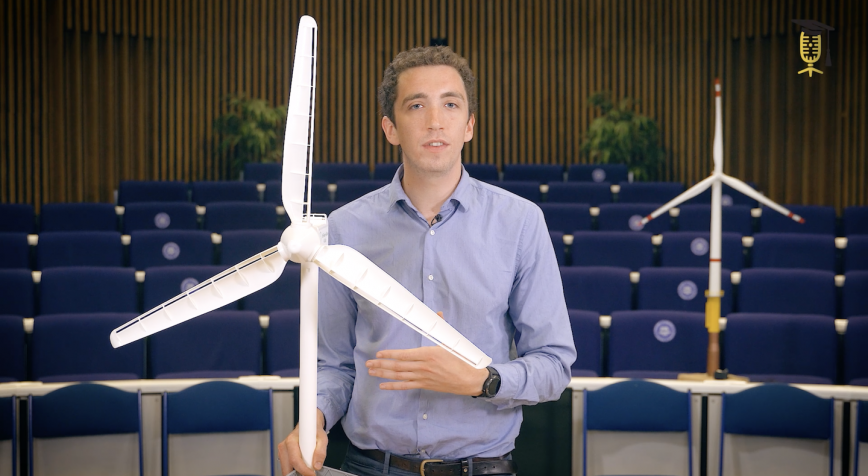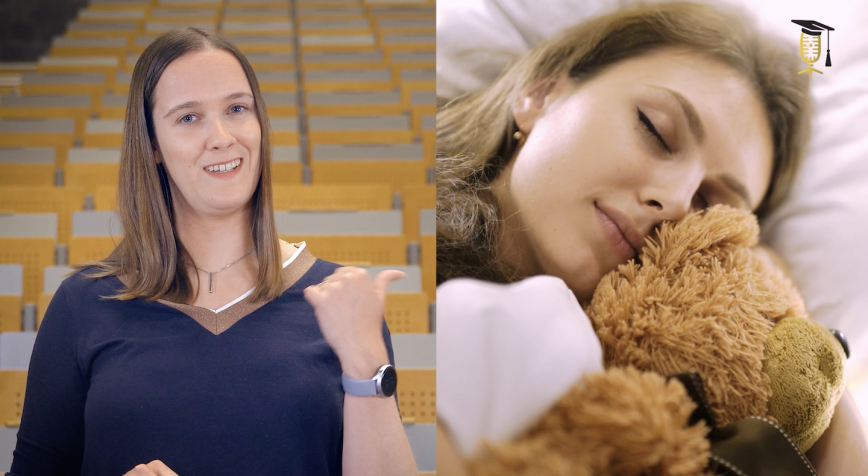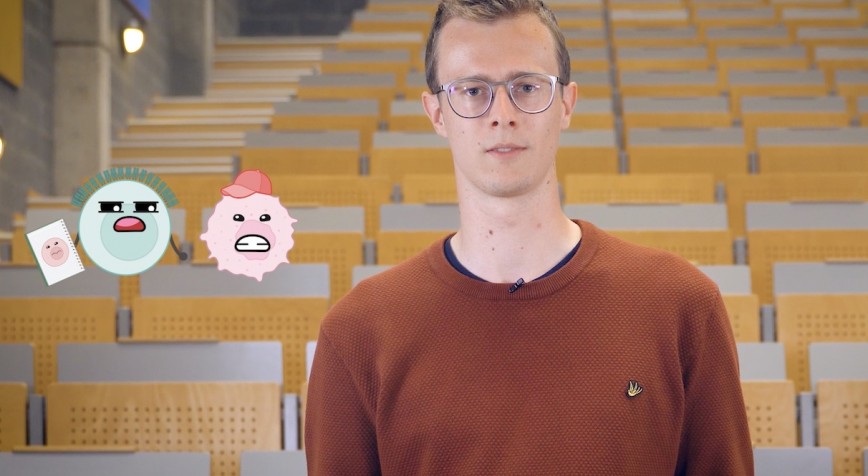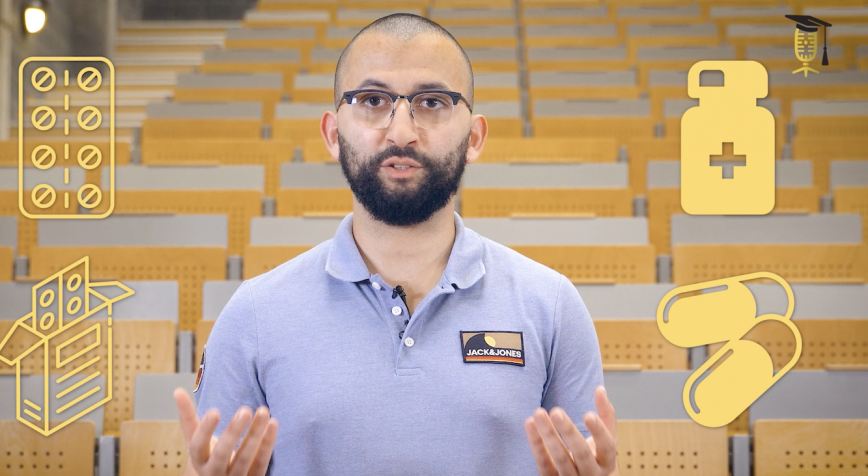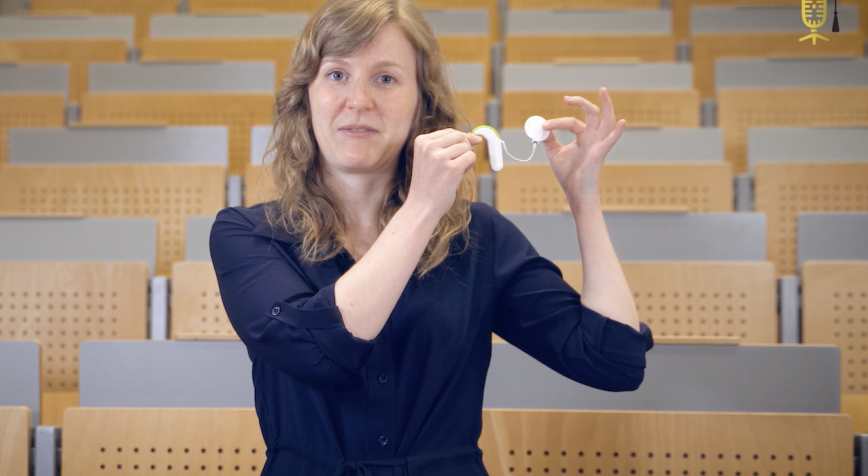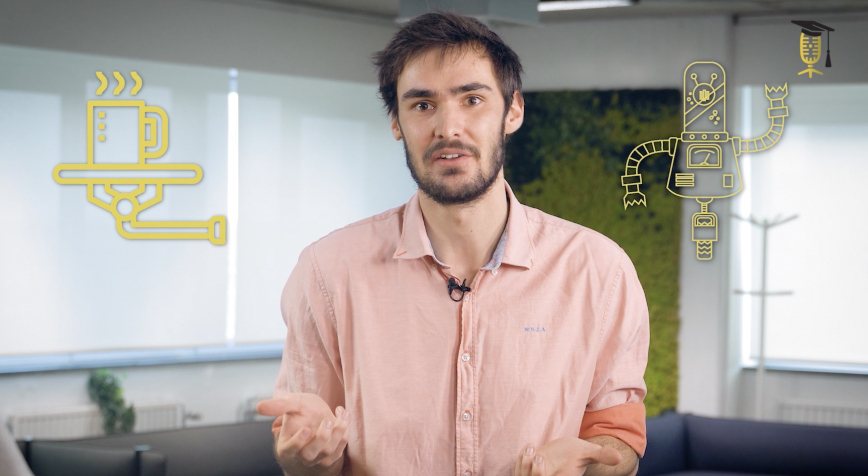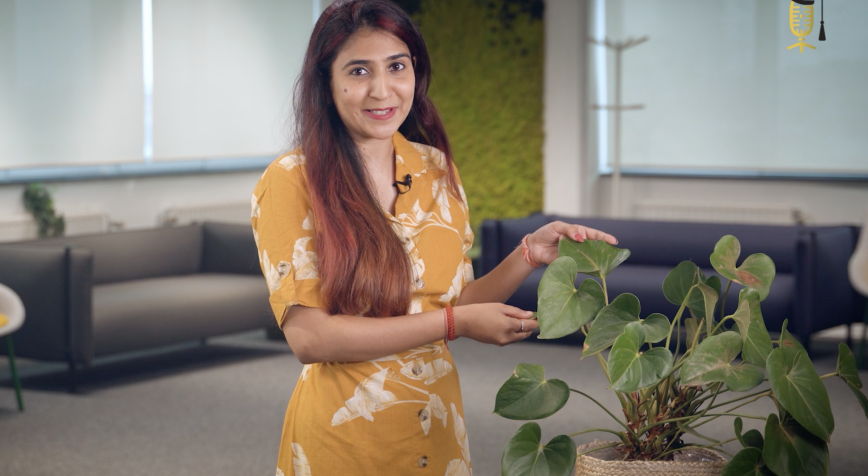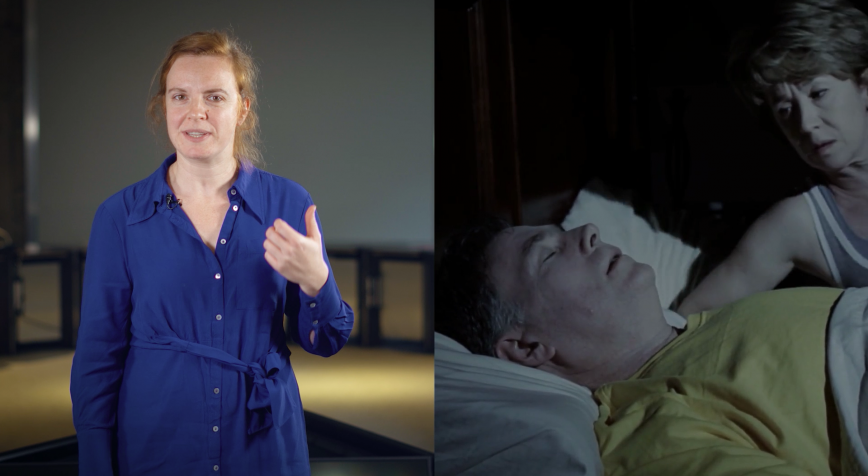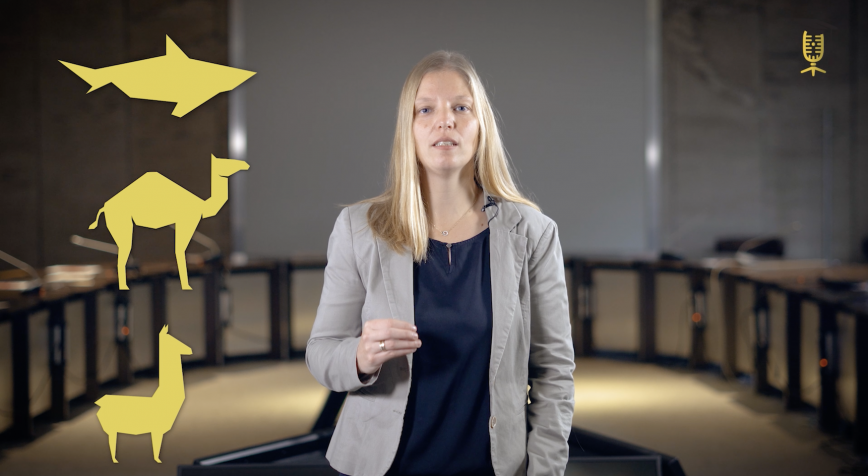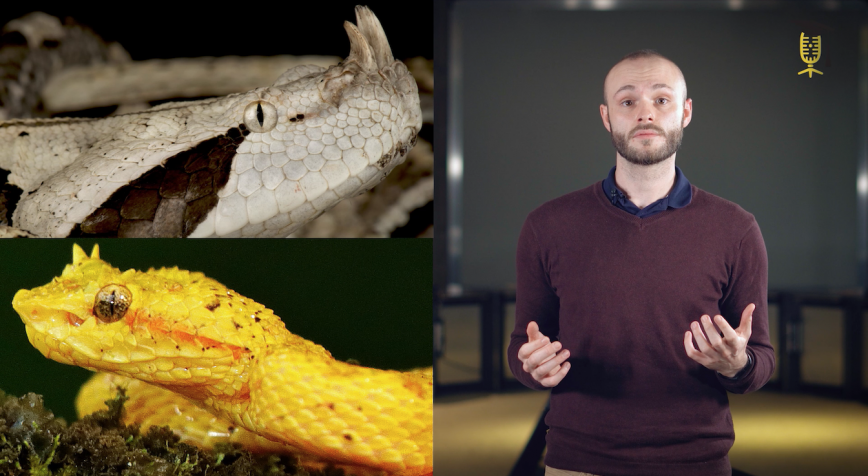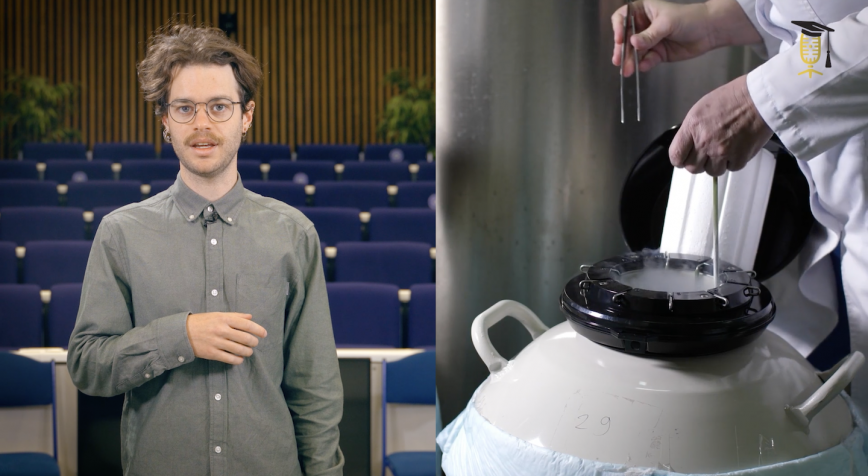
VUB
Social egg freezing: good for women's empowerment?
"Freeze your eggs, free your career". This was the headline on the cover of the business magazine Bloomberg Business a few years ago. The reasoning: women could freeze their eggs, to focus on their careers and then maybe have a child later. Sounds good for women's emancipation, but how do women themselves feel about it? Philosopher Michiel De Proost sat down with 21 women to find out.
